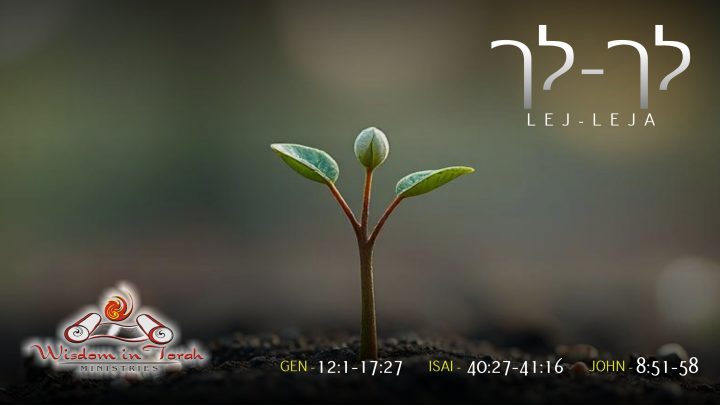
Don't Forget to Share!
This Parashah covers the covenant promise to Abram if he leaves his country, the split between Lot and Abram, the war with the capture of Lot and Abram's rescuing of Lot, the covenant of the pieces with Abram, the birth of Ishmael, and the covenant of circumcision.
This Torah Portion is an example of how important understanding Ancient Near Eastern Customs and culture is for us to know. Due to the fact that we live in the western hemisphere and we are not exposed to Middle eastern lifestyles or in this case Ancient Near Eastern daily life.
Our forefather live in a time frame in which laws were established and kingdom rule with power and dominate base on Covenant and Oath. Abraham lived during a time of kingdoms fighting one another for power and the fact that they live in the fertile crescent should be important for us to know the lifestyle, customs, and laws. There are many things in this portion that will not be understood unless we learn the legal fictions and context of ancient near eastern law in context of the life and times of the Fathers of our faith. I took extra time explaining context and legal code of the nations to try and bring a better light into the life of the early fathers of our faith.
We are also going to look at the covenant with Abraham from the perspective of honor and the duty of a client towards his patron.
Later in the Brit Portion we also touch in the Book for Romans chapter 4!
This page includes Torah Portions from multiple years covered by Wisdom in Torah. Each year we covered the Torah from a different perspective so you can explore each Parashah from a different perspective and focus.
- 2010 Portions: Focus on Messianic connections in the Parashah
- ANET Portions: Focus on the ancient Near Eastern cultural context of the Parashah
- Mitzvot Portions: Focus on explaining and exploring the commandments found in the Parashah (in progress)
- 2015 Portions: Revisiting the Parashah looking at the ancient cultural context more in depth with additional areas that have been researched
- Brit Portions: Focus on connecting the Brit Hadashah (New Testament) to the Parashah
Oops, this is members-only content
This page requires at least a basic level membership to access the teaching.
Audio
Oops, this is members-only content
Resources
The following is a list of recommended resources for this teaching:
- Torah Portion Lech Lecha-pdf
- These are the Articles that I used as reference for this Torah Portion:
- Women in Mesopotamia
- Women in Hebrew and ANE Law
- The Family in the Ancient Near East
- Grants and covenant
- Abrams_Amen_Full
- Circumcision as a Covenant Rite
- Covenant in Biblical Hebrew
-
Books used for this Torah Portion:
- 1. Ancient Near Eastern Themes in Biblical Theology by Jeffrey Niehaus
- 2. Essential Papers on Israel and the Ancient Near East (article by Moshe Weinfeld)
- 3. Treaty of the Great King by Meredith Kline
- 4. Ancient Near Eastern Texts: by Pritchard
Categories
55 thoughts on “Parashah Lech L’Cha Complete”
Leave a Comment
You must be logged in to post a comment.

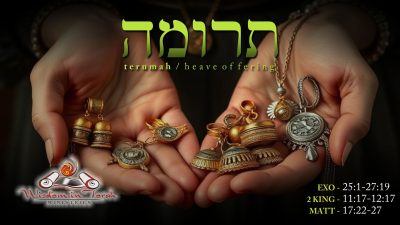
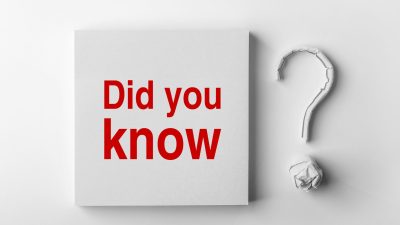
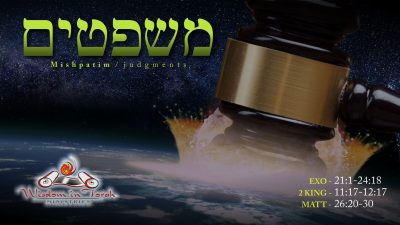
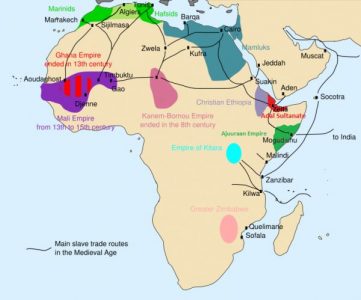
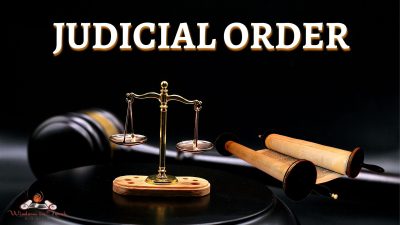
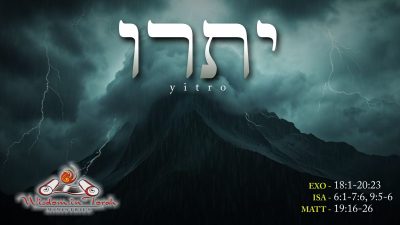
Trying to listen to the audio teaching, and it says “file not found”
Rico … Shalom to our precious Brother.
These teachings are phenominal … we listen to the archives and also to the recent teachings based upon the Ancient Near East treaties. We are excited like you that YHVH would see fit to reveal to us His most precious Word!! We want to “absorb”as musch as we can get. We know without a doubt that being in Covenant with YHVH is our only shield, protection, and provision in the end of days.
Thankyou for the tremendous work that you put into these teachings. They are greatly appreciated!
Bruce & Victoria
Love it, love it, love it!! I was searching for answers regarding the “weird” covenant of the pieces in Gen 15. I couldn’t find it anywhere… until I remembered, hey, I’m Rico’s student, why not look for something there… and OILA! I found it!!! 🙂 🙂 🙂
Yeshua is the High Priest of the Order of Melchizedek. We, as priests, already are or will be in the Order of Melchizedek. So where does this leave the Levites? Right where they always were – serving in the Temple.
Eze 44:10 And the Levites that are gone away far from me, when Israel went astray, which went astray away from me after their idols; they shall even bear their iniquity.
Eze 44:11 Yet they shall be ministers in my sanctuary, having charge at the gates of the house, and ministering to the house: they shall slay the burnt offering and the sacrifice for the people, and they shall stand before them to minister unto them.
But the Sons of Zadok – the line of Melchizedek – also serves in the Temple in the Millennium.
Eze 44:15 But the priests the Levites, the sons of Zadok, that kept the charge of my sanctuary when the children of Israel went astray from me, they shall come near to me to minister unto me, and they shall stand before me to offer unto me the fat and the blood, saith the Lord GOD:
Eze 44:16 They shall enter into my sanctuary, and they shall come near to my table, to minister unto me, and they shall keep my charge.
That phrase “the priests the Levites, the sons of Zadok” is used because Phineas, a Levite priest, is an ancestor in the line of Zadok for whom “the sons of Zadok” are named. Also, Phineas embodies the kind of priests the sons of Zadok are. They have a zeal to take responsibility and authority where the Torah is concerned.
As for #2, Jeremiah 3 does indicate there was a divorce and that the divorce of the House of Israel was distinct from what happened to the House of Judah who was not divorced.
I think one of the problems we have understanding the covenants is realizing that all of them can be violated and a price has to be paid for that violation. So, I believe that all of the covenant parts/clauses are violable. But the covenant of the pieces is irrevocable.
Irrevocable and unconditional are not the same thing. All of the covenants are conditioned upon Israel’s obedience. The irrevocability of the Genesis covenant of the pieces means it can’t be broken or made to no longer be enforced, but it can be violated. And Yeshua paid the price for that violation because the symbolic language there – as He took upon Himself the penalty for the violation – was that he would die just like those animals if Abram’s descendants violated the covenant.
Just my thoughts. Thank you for reading this post.
Shalom Rico,
Thank you, excellent teaching! I have two Q’s:
1) You say that Yeshua is our High Priest (yes), and that we are priests, if this is so, then wouldn’t that do away with the Levitical Priesthood?
2) RE: Jer 3:8 will you please clarify what you meant when you said that Yahweh did not divorce Israel (impossible, bc He does not break Covenant -true), but then you said that Israel took the bill of divorce
and went after other gods?
Toda Rabah,
Cindy S.
??Adam would not of had a linage and would have been the 1st King, Priest, so on and we are told that as son of GOD we are to be Priest on to YHVH??
Adam was to rule over all the earth – The 2nd Adam Yeshuwa redeemed the 1st Adam and the linage forever.
This Just came to me when you read No linage from Hebrews!!
Thank you, T. What a blessing you are!
Strong’s Dictionary plus LXX Cross Referencing;
Ancient Hebrew Lexicon of the Bible
Sorry the pictograph figures for above did not copy over….
Brown Driver Briggs Hebrew Definitions
It looks like it can be translated as “threefold, third, 3 years old, and treble (as in double)…
In the Tanach Gen 15:9 says to take 3 heifers….in the NKJ it says to take a 3 year old heifer….Does anybody have a reason for the difference?
Shalom Rico
I consider myself a baby learner in Torah. Please help my understand your comment about using communion? Are we not suppose to use communion to be part of Yeshua?
I enjoy your teachings so much!
Rico,
We would like to thank you for all your teachings. We learn so very much from them and pray you and your family will always be blessed as you have blessed us. Leon and Diana
You were reading about the Tree of Life and who is the way…the guardian of Israel.
Where were you reading this?